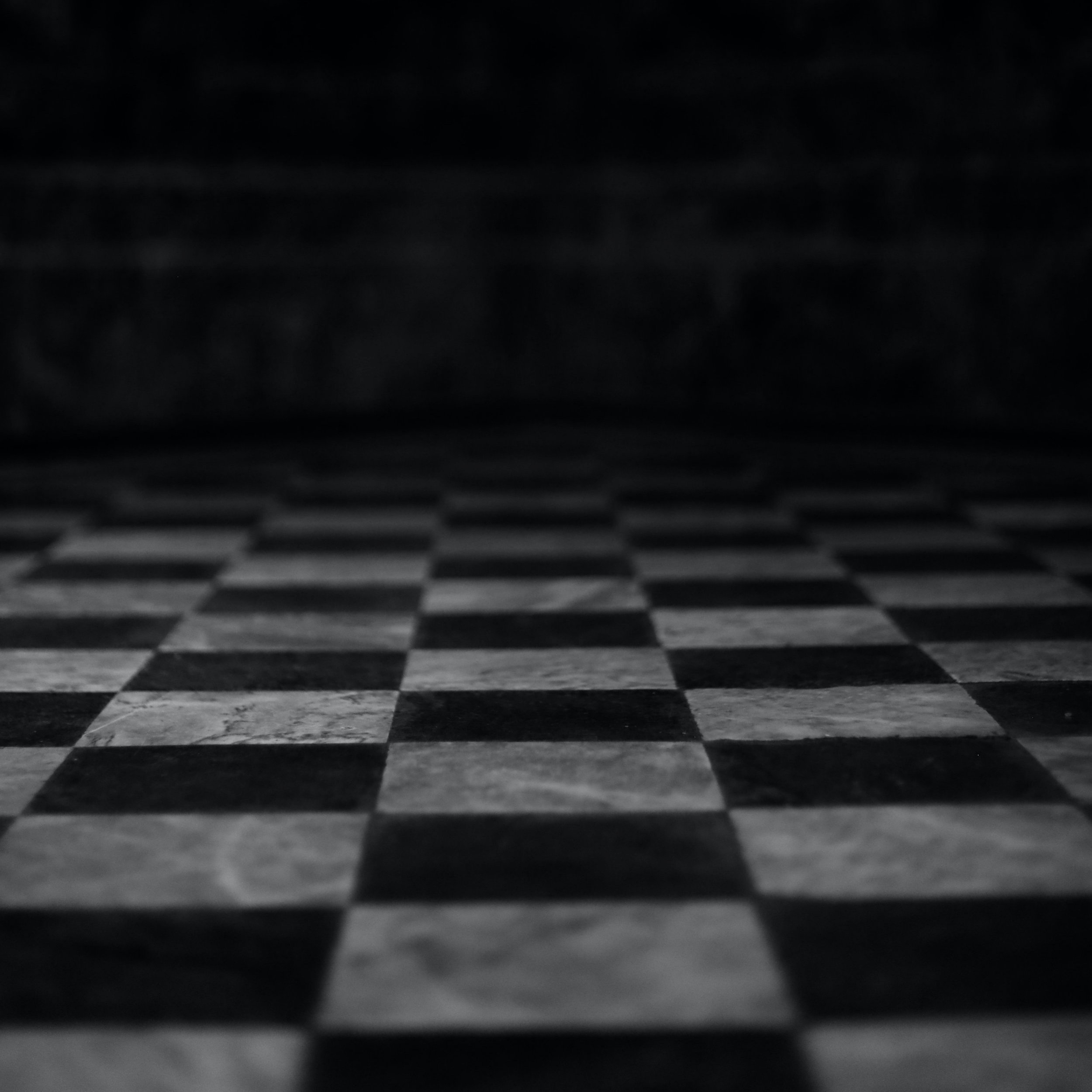Ab dem Jahr 1992 war in den Schreibstuben Hollywoods Christopher Voglers Buch The Writer’s Journey die Offenbarung und bildete sich in Folge rasch als das Modell der Heldenreise in zahlreichen Blockbusters ab. Basierend auf Joseph Campbells Buch The Hero with a Thousand Faces und C.G. Jungs Archetypen entwickelte Vogler das, was Hollywood suchte: die eine einzige Geschichte, die weltweit im kollektiven Unbewussten schlummerte.. Ab 2003 wurde das Modell auch unter Titeln wie, Der Business Hero, The Quest etc. in der Unternehmensberatung eingesetzt, bis 2008 im Zuge der Finanzkrise die Führungskraft als einsamer Entscheidungskrieger ausgedient hatte und der Typus des postheroischen Managers auftauchte. Schon 1998 wies Christopher Vogler aufdas Gegenmodell ‚The Heroine’s Journey’ von Maureen Murdock hin, doch erst seit 2013 wird es in der globalen Filmindustrie wahrgenommen Ebenso wird über den Einsatz in einer immer noch männerdominierten und oftmals destruktiv agierenden Geschäftswelt offensiv nachgedacht. Wir leben somit an einer entscheiden Bruchlinie, was Rollenbilder in fiktionalen und realen Wirklichkeiten betrifft. – Wie sehen die neuen Erzählmodelle aus und worauf basieren sie? Das Workshop gibt handfeste, mögliche Antworten.
English
When in 1992 Christoph Voglers book „The Writer’s Journey“ appeared, it was seen as a revelation. Consequently its ideas would soon be transferred into a number of blockbusters in form of the idea of ‘hero’s journey’. Based on Joseph Campbell’s book “The Hero with a Thousand Faces” and C. G. Jung’s idea of archetypes, Vogler created what Hollywood was looking for: the one unique story which lay slumbering in the collective unconscious worldwide. From 2003 onward, this model was also introduced into enterprise/business counselling, then under titles like “The Business Hero”, “The Quest” etc. – until 2008, in the wake of the global financial crisis, the idea of the executive as a lonesome warrior became outmoded and the type of the post-heroic manager appeared. Even in 1998, Vogler had pointed out Maureen Murdock’s“The Heroine’s Journey” as a counter-model. But it was not before 2013 that this was perceived by the global film-industry. Also in the world of business, which is still dominated by men and often acting rather destructively, this new model is more and more considered as relevant. So we are now living at a decisive point with regard to role-models in fictional and actual realities. What are the new models of storytelling and what are they based upon? This workshop offers possible and practicable answers.





